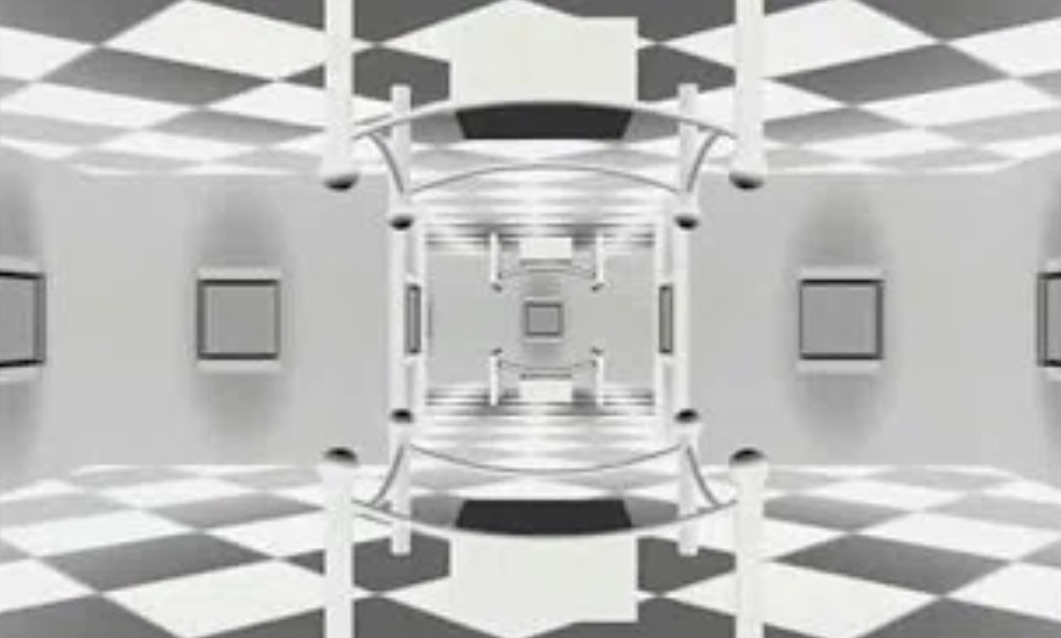 Edit
Edit
Vladimir Mikhailovich Kobrin was a notable Soviet and Russian director, scriptwriter, and fine artist, born on March 8, 1942, in Moscow. He passed away on December 7, 1999, in the same city. Kobrin is recognized for his unique contributions to popular science cinema and avant-garde filmmaking.
Education and Early Career
Kobrin graduated from the All-Union State Institute of Cinematography (VGIK) in 1968, specializing in camerawork. He began his career at the CentrNauchFilm studio in Moscow, where he worked until the late 1990s. His early work included innovative techniques in cinematography, such as multi-exposure and various special effects[1][3].
Notable Works
Throughout his career, Kobrin directed approximately 35 films, with significant titles including:
- Biopotential (1988)
- Self-Organization of Biological Systems (1988)
- The Last Dream of Anatoly Vasilevich (1990)
His artistic peak is often associated with these works, where he explored complex scientific themes through a philosophical lens. Kobrin’s films are characterized by a metaphoric style that engages viewers in understanding fundamental concepts of existence[1][2][4].
Artistic Approach
Kobrin’s filmmaking style was avant-garde and experimental. He utilized techniques like pixilation, reverse motion, and speed variations to create a distinctive visual language. His films often transcended traditional didactic formats, evolving into philosophical treatises that reflected on humanity’s place in the universe[1][3]. Despite facing challenges within the Soviet and Russian film industries, he managed to establish a creative collective known as Kobrin Screen Studio, fostering collaboration among filmmakers and students[1][3].
Legacy
Vladimir Kobrin is considered one of the leading figures in Russian popular-science cinema. His work has garnered recognition posthumously for its innovative approach and conceptual depth. He has been described as a conceptualist and a pioneer of Russian avant-garde cinema in the scientific genre[1][3]. His films continue to be studied for their artistic merit and philosophical insights into science and humanity.
Kobrin’s legacy endures as a testament to his unique vision and contribution to cinema, illustrating the potential of film as a medium for exploring complex ideas beyond mere entertainment.
Citations
[1] https://monoskop.org/Vladimir_Kobrin [2] https://www.imdb.com/name/nm8121930/ [3] https://ru.wikipedia.org/wiki/%D0%9A%D0%BE%D0%B1%D1%80%D0%B8%D0%BD,%D0%92%D0%BB%D0%B0%D0%B4%D0%B8%D0%BC%D0%B8%D1%80%D0%9C%D0%B8%D1%85%D0%B0%D0%B9%D0%BB%D0%BE%D0%B2%D0%B8%D1%87 [4] https://mubi.com/en/cast/vladimir-kobrin [5] https://www.kino-teatr.ru/robot/ [6] https://vk.com/vladimir_kobrin [7] https://www.kinopoisk.ru/name/1798937/ [8] https://letterboxd.com/director/vladimir-kobrin/
Quotes
Born March 8, 1942 in Moscow. After graduating from school, he got a job as a machine operator at the Moscow Plant of Experimental Film Equipment. Then he became a mechanic at Tsentrnauchfilm, where he became interested in complex shooting equipment, invented devices for special surveys, and independently learned to shoot through a microscope. In 1961 he entered the VGIK at the camera department, workshop of Boris Volchek. He graduated from VGIK in 1968 with a degree in cameraman. He worked since 1977 at the Moscow film studio “Centrnauchfilm” [1].

Still from “The dreaming of the dancing dancers” (1998)
